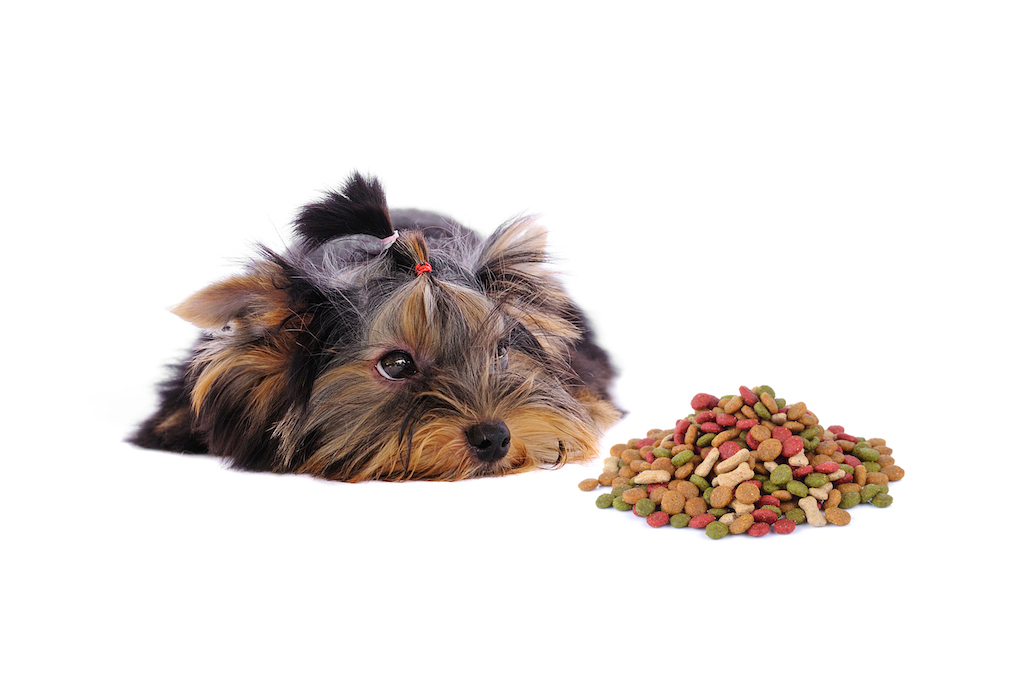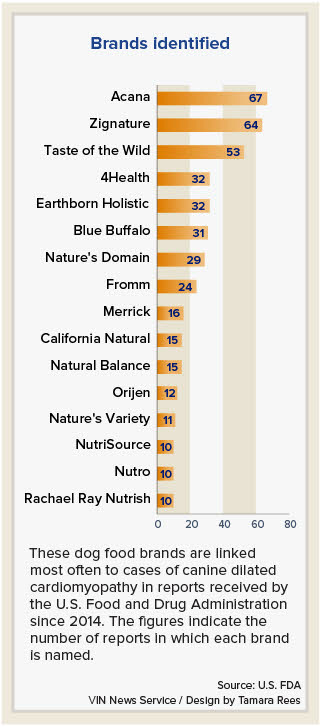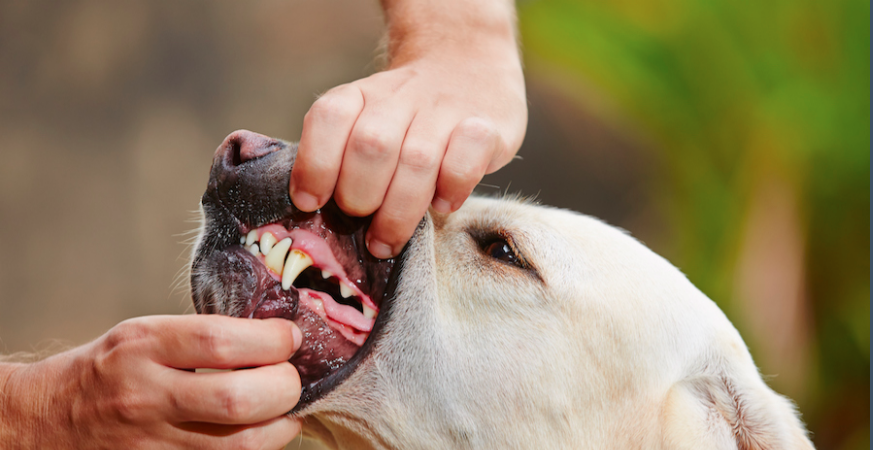Grain Free Diets
Dr. Hillary Segl

Feeding your dog a quality diet seems to be an obvious way to keep them healthy, right? It is,usually. When marketing myths sway your choices then there are problems. The latest example of this is the myth of the "grain free diet" for dogs. We now know this is a bad choice- some dogs are developing dilated cardiomyopathy (DCM) as a result.
DCM happens when the heart muscle weakens, and the walls expand. The heart cannot pump efficiently. Dogs with DCM may cough, have exercise intolerance or tire easily, have poor appetite, or be lethargic. In some cases this disease can be reversed, but it requires proper veterinary diagnosis and treatment.
What is a grain free diet? It's a misleading name. Dr. Freeman of Tufts University defines these as BEG diets, for "boutique companies, exotic proteins, and grain free" diets. (See vetnutrition.tufts.edu/petfoodology for much more information.) Niche companies, diets that contain unusual proteins like kangaroo or bison, and diets with root vegetables like potato or sweet potato; or legumes like lentils, chickpeas, and english peas-- all these are red flags.
Many owners buy these for their dogs thinking that the exotic ingredients are better. Not true. We still do not fully understand why some dogs develop DCM while eating these diets. Originally it was thought that the diets were low in an amino acid called taurine, and taurine deficiency can lead to DCM in cats. Studies show that this is true in some cases with dogs too, but not all. For now it is best to avoid the "grain free" diets.
Many people think the grain free diet is less allergenic. This is misleading too- very very few dogs have a true food allergy. It requires guidance from you vet to define and eliminate food allergens in your pet's diet. Simply swapping out various dog foods and seeing how it works is food roulette- and just like casino roulette wheels, you usually don't win!
So how about a home made diet? If you have the time and energy to formulate and prepare a truly balanced diet for your dog, great. Again this is rare. You cannot just wander around on the internet till you find a dog diet that looks appealing. Often these will be deficient in a proper balance of vitamins and trace minerals, and have the wrong ratio of fat, carb, protein and fiber for your dog. To make a proper home-cooked diet for long term health you need to consult a veterinary nutritionist: you can find one at acvn.org.
Feeding your dog used to be as simple as opening a bag of kibble or a can of dog food and dumping it in their dish. Now we have access to thousands of choices, all delivered to our doorstep if we choose. How to decide? Pick a diet that is readily available (there is such a thing as a kangaroo shortage....), affordable for you, and that the dog will eat. Stick to a major manufacturer that can and does complete quality control and nutritional analysis on their products. Boutique/small batch companies often cannot afford to do this, and won't. It interferes with their profits. Labels can be misleading, so consult your vet if there are any questions: we're here to help!
Read the following VIN News Service Article on "Dog food brands most linked to heart-disease reports named".






